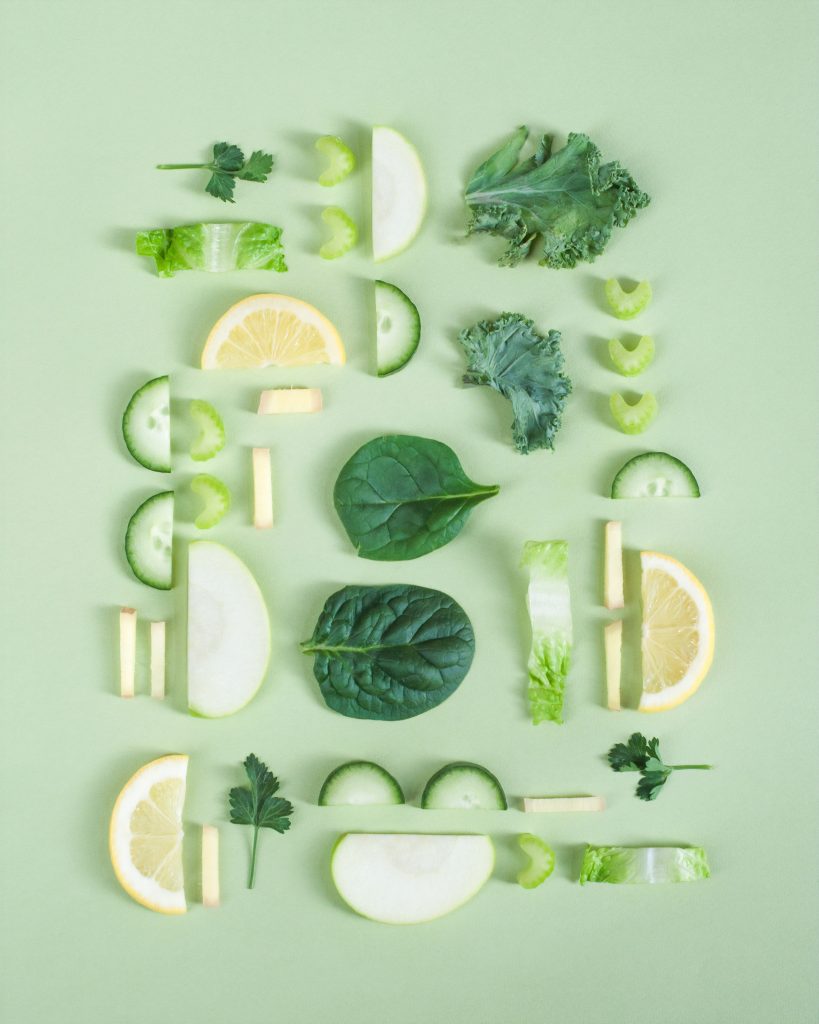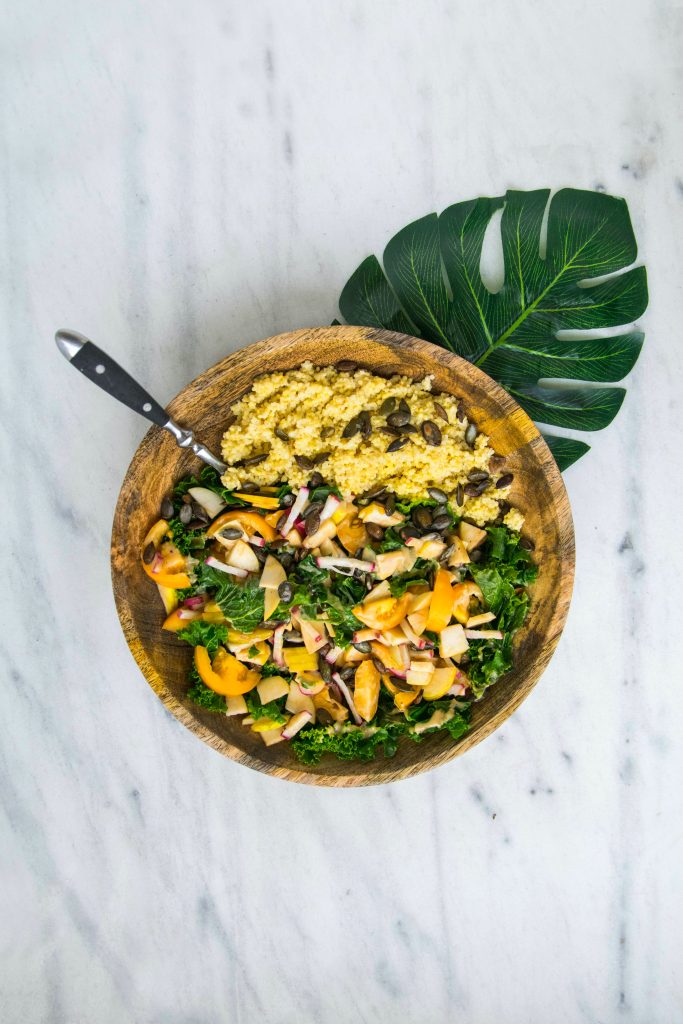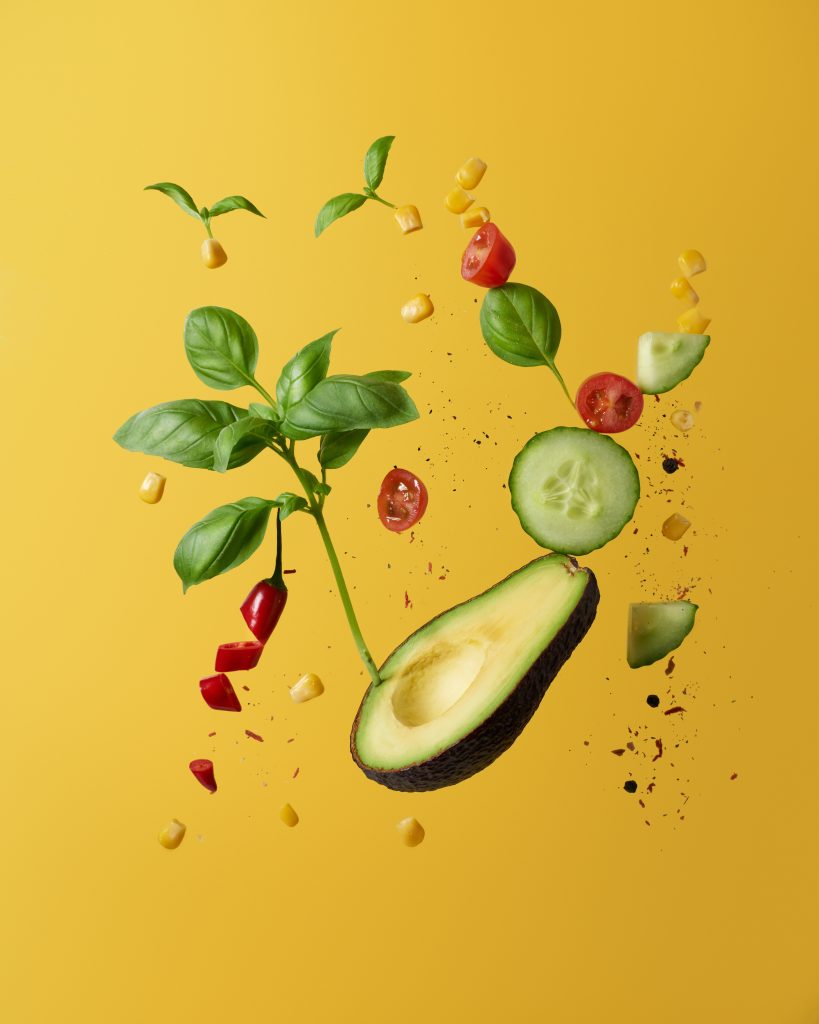Physical Address
304 North Cardinal St.
Dorchester Center, MA 02124
Physical Address
304 North Cardinal St.
Dorchester Center, MA 02124
Vegans adhere to a diet which only consists of plant-based foods. It means that they do not eat any goods derived from animals or animals themselves. However, a vegan diet is only one aspect of an otherwise plant-based way of life. There are many different motivations for adopting a vegan way of life, including concern for the welfare of animals, concern for the environment, and concern for one’s own health. ProVeg teaches more about vegan diets.
It is becoming more and more obvious that the consumption of animals is a key contributor to a wide variety of global issues. The trend toward adopting a diet and way of life that excludes all forms of consumption of animal products is gaining popularity at an astonishing speed. This is due to the fact that adopting a plant-based diet is one of the few solutions that can assist in the resolution of all of these issues. A diet that is primarily composed of plant foods spares the lives of many animals, lessens an individual’s impact on the environment, and may help make the world a more equitable place. Consuming a diet focused solely on plant foods, on the other hand, may result in a diet that is both healthier and richer in variety.

There is evidence that vegetarianism and veganism have been practiced for at least 6,000 years, with the earliest records coming from Indian societies. But even in Europe, about 2,500 years ago, certain schools of Greek philosophy prohibited the intake of meat, eggs, and milk for ethical reasons. At the same time, these schools of thought acknowledged that a diet consisting entirely of plant-based foods was more healthful. The term “vegan,” on the other hand, did not come into use until 1944. It can be divided into two parts, the beginning and end of the word “veg-etari-an,” which expresses the concept that veganism begins with vegetarianism and continues it forever.
A diet that does not include any products derived from animals is incredibly adaptable, and shifting toward a diet that is more focused on plant-based foods opens up a whole new world of intriguing culinary opportunities. Products not derived from animals include, but are not limited to:

One of the primary contributors to the epidemic rates of lifestyle-related disorders such as obesity, diabetes, and cardiovascular disease is the typical American diet’s excessive intake of animal products. The risk of getting these diseases can be reduced by eating a diet that is primarily composed of plant foods and is both varied and balanced. The Academy of Nutrition and Dietetics argues in their position statement on the subject that a well-planned vegan (as well as vegetarian) diet is suitable for all phases of life, including pregnancy, infancy, childhood, and adolescence. This includes eating no animal products at all during pregnancy.
In addition, consuming primarily plant-based foods lowers one’s chance of contracting foodborne illnesses caused by salmonella and other bacteria, as well as the danger of being exposed to environmental contaminants.
A well-planned diet is necessary for preventing nutritional deficits in any diet, regardless of the diet is vegetarian, vegan, or non-vegetarian. Eating a vegan diet that is both well-balanced and varied, while also paying attention to the importance of certain nutrients, will result in optimal nutrition. A blood test should ideally be done once every year or two, as recommended by nutritionists.
Cookbooks and food blogs are providing an ever-expanding variety of delectable recipes, which is beneficial to consumers who would rather try new things in their own kitchens rather than purchase pre-made animal-free meals. It doesn’t matter if you’re a fan of gourmet cuisine, of fast food, or of chefs who want to try new things in the kitchen; the vibrant variety of plant-based cuisine offers something for everyone. And while many people are reluctant to give up their go-to dinners, the truth is that many classic dishes can be made vegan with very little effort by simply making a few substitutions. An abundance of vegan cookbooks witness to the fact that a vegan diet delivers unadulterated pleasure and fulfillment for the sense of taste.

The use of items derived from animals is coming under scrutiny from an increasing number of customers. The growing demand for alternatives that are derived from plants is another indication of this trend. Plant milks, for instance, have been drank for hundreds of years in a variety of different cultures, but their popularity has soared over the course of the last decade. In addition, cruelty-free alternatives (such as vegan sausages or burgers) are continuously being developed to the point where it is becoming increasingly difficult to differentiate them from the “original.”
You may also like: